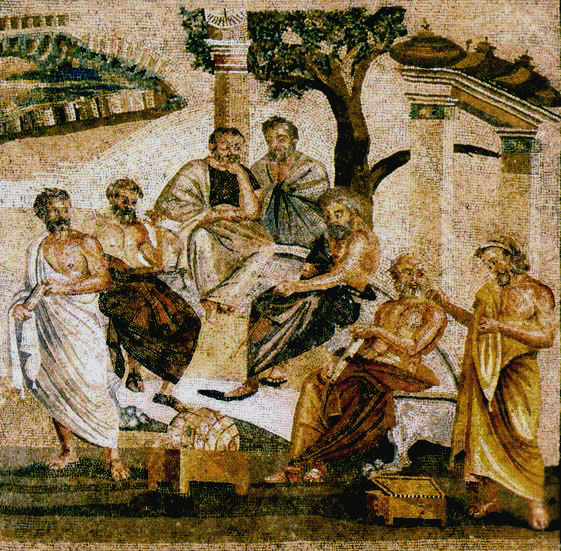Infinite Liberal Arts
By:
September 16, 2009
I’ve been a mere lurker at Infinite Summer, the online book club which sprang up to honor the late David Foster Wallace by exploring his magnum opus, Infinite Jest. Thousands of people have participated in a forum that seems to transcend the idea of the “book club” entirely — the result looks more like a crowdsourced, massively parallel postgraduate seminar. But no, that’s not it either; trappings of institutional learning like “postgraduate” and “seminar” don’t really have a place here. Infinite Jest’s complexity, its author’s pixillated, autodidactic, logorrhoeic condition, make it very hard to teach. But these same qualities, with its flowing, braided links to film, tennis, fractals, logic, and recovery, as well as a score of other topics, make it an enormously productive imaginal space in which to cultivate the kind of wide-ranging, splintering discussion that is native to the web.

I thought about Infinite Summer while reading a couple of recent essays decrying the miserable state of the institutional humanities. In the current issue of the Chronicle Review, Emory English professor Mark Bauerlein decries the state of the academy in the post-theory era. In the September issue of Harper’s, meanwhile, Mark Slouka claims that intellectual history is over, and the dismal science won. The liberal arts, he explains, have been ousted from their central place in the academic world, replaced by math and science (with the implacable machinery of economics now driving the operation).
I’m sympathetic to the concerns Bauerlein and Slouka raise. But I worry that their visions of the humanities, far from diagnosing a veiled condition, are themselves symptoms of the damage already done. Bauerlein would seem to prefer the professoriat chastened and humbled by the splendors of the commercial and the technological, content to serve as the reduced clerisy of the good and the true. Slouka is rightly disgusted by the transformation of education into a kind of investment bank for “human capital” (the notion that the proper focus of learning is bankable skills is a noxious one)— and yet to redress the slight he would politicize the humanities, holding them up as the balm for a civic crisis. “The humanities . . . are a superb delivery mechanism for what we call democratic values,” he writes. But this seems to me to give the game away.
And yet now when I think of Infinite Summer, I remember that the liberal arts are at their heart not a profession or a civic medicine but a disposition.
The institutions of the life of the mind are in a bad way — and they always have been! I wouldn’t have given you two cents for the institutions at any point in the history of civilization. But the life of the mind isn’t really about institutions, is it?
I know I’m simplifying things; it could be argued that without institutional exposure to the liberal arts, Infinite Summer’s far-flung participants would never have undertaken conversation. The Cassandras too have their place.
But when I try to conjure a utopia, it looks something like an infinite summer, a succession of flowerings: the trivium and the quadrivium are all there as of old, but they’re unafraid of transposing their muse-struck, cosmophillic mien into other keys: grammar turning to code; rhetoric budding into mapping; logic blooming into a kind of reenchantment. Infinite Summer, like other examples of what some are calling the New Liberal Arts or ““Liberal Arts 2.0,” offers a glimpse of a self-sustaining humanistic culture beyond the powers and the perils of institutional support. It’s a rose-colored vision, I know. And any kind of harvest demands all our careful tending.
We need to remember that the liberal arts, as a term, applies not only to a disposition or an ideal but also to a meme — a remarkably successful one, which survived ages upon ages cloaked in the canons of authority and the trappings of tradition. Perhaps we’ve reached the point where there’s nothing left but the cloak, the trappings. Or perhaps buried in the folds, the taste for wonder and wisdom, a sensibility that will endure.
